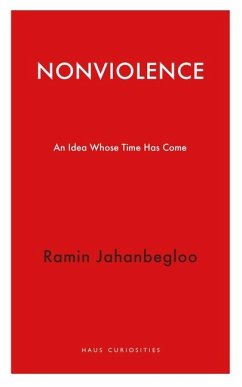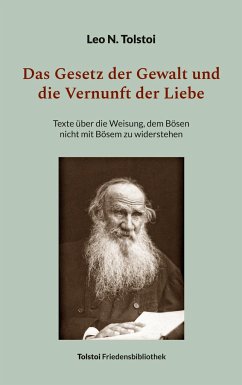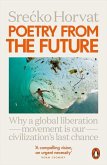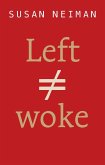The history of humanity is dominated by violence - it has oppressed and degraded us for centuries.Drawing on the values of ancient religions and moral leaders such as Buddha, Socrates, and Jesus of Nazareth, Mahatma Gandhi was the first modern thinker to apply to philosophy of non-violence to politics in his successful campaign for India's independence.Since then, non-violence has been the core philosophy of freedom fighters such as Martin Luther King Jr, Nelson Mandela, the Dalai Lama and Vaclav Havel in their resistance against oppression. Characterised by courage, love, and freedom, and the belief that no political act can be just or truthful unless it is morally legitimate, non-violence is a strategy of dissent that uses many methods of civil disobedience - be it strikes, boycotts, or demonstrations - to put to an end the social and political evil that it seeks to resist.In his powerfully argued short book, Ramin Jahanbegloo contends that the time has come for humanity to renew its commitment - politically, economically, and culturally - to the idea of non-violence.
Bitte wählen Sie Ihr Anliegen aus.
Rechnungen
Retourenschein anfordern
Bestellstatus
Storno








